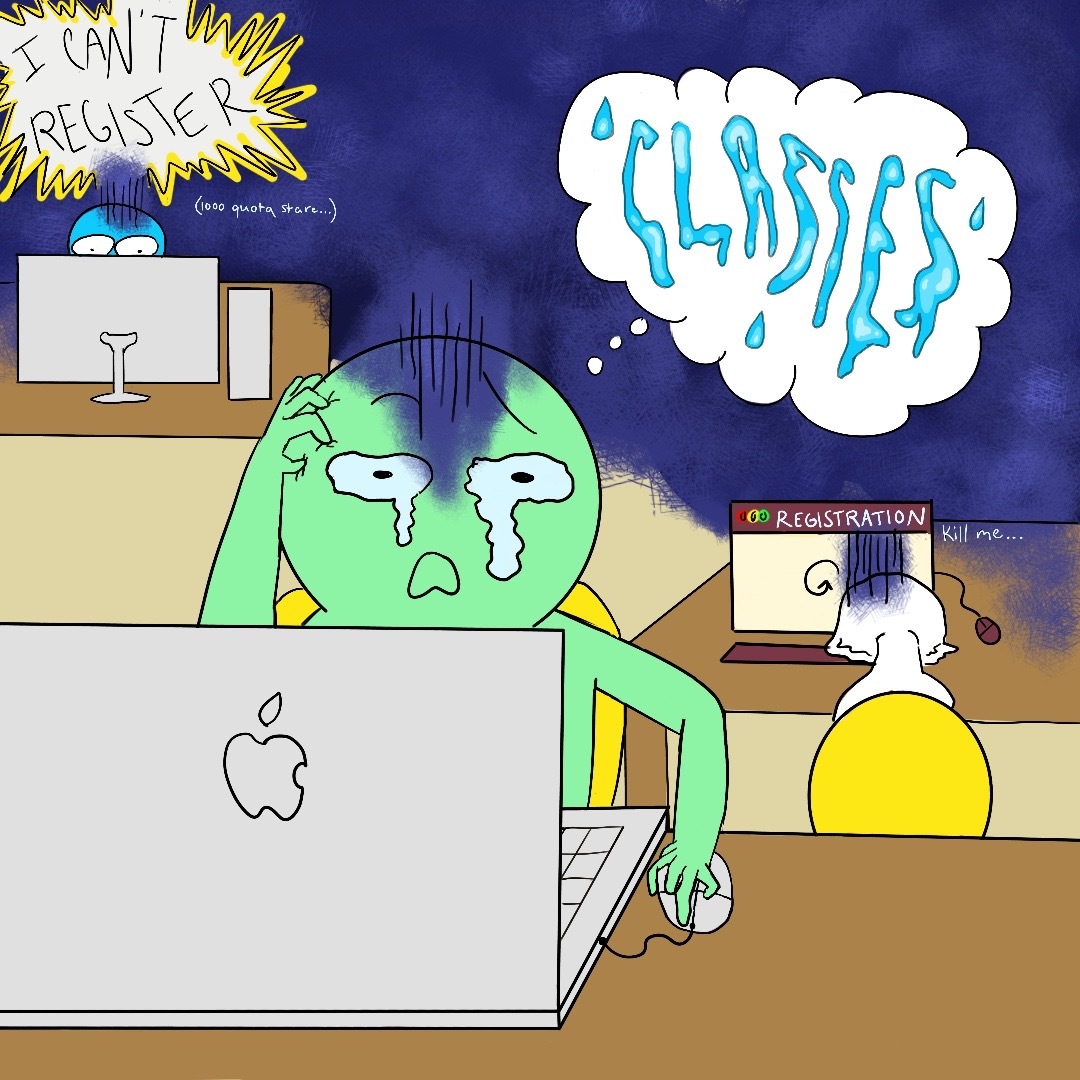Comedy is not just about making an audience laugh. The art of comedy allows artists to cross lines and provoke questions which cannot be done in a serious context. It allows audiences to contend with their own emotions and awkward situations in a relaxed yet stimulating approach. In film, two hours of exhausting events befalling tragic characters can get tiresome if audiences are not laughing part of the time.
This year, the SXSW film festival showcases several comedy features which manage to make viewers laugh, but also ponder, self-reflect or even move to tears. The prime example is the SXSW Grand Jury Award winner “Thunder Road.” Adapted from his short film (which premiered at SXSW two years ago), Jim Cummings directed, wrote and starred in the story of a down on his luck police officer, who fights for custody of his daughter while also dealing with the trauma of losing his mother. The movie opens with an iconic long monologue of Cummings’ character giving a eulogy at his mother’s funeral. The speech rotates between awkward, endearing, hilarious and devastating. The rest of the plot is the same emotional rollercoaster. One minute, the scene absolutely side-splitting and the next, it feels as if your heart was ripped out.
Comedy does not mean it’s strictly positive throughout. Good comedy makes the audience look within themselves and examine their own condition. Jokes can only go so far if the audience does not care how the subjects feel or what they endure. “Thunder Road” manages to find the balance between laughs and tears to bring the perfect blend of the range of human emotion in a fresh and original story. The movie was also filmed in Austin, which is a neat characteristic.
Comedy also allows filmmakers to touch on subjects which are too taboo or dark without intimidating the viewers. “Shotgun” examines the relationship between a woman and her partner, before, during and after his fight with cancer. The strength of the portrayal of this couple lies in the authenticity. The audience understands the concerns and wants of both characters and neither one seems unreasonable or beyond reproach. Depicting a cancer patient as a flawed, tragic protagonist is not how most people would openly describe their own friends and family members who have been diagnosed. The story touches on the important conversation of how extreme circumstances like illness can affect interpersonal relationships.
Similarly, “Brothers’ Nest” portrays two brothers conspiring to kill their stepfather so they can retain their family home in their mother’s will. Played by real-life brothers, the main characters of “Brothers’ Nest” spend most of the movie discussing things most people would never entertain, but in a comedy, these conversations are a little more acceptable and were quite funny. The absurdity of the situation made it easy to laugh out of discomfort, which is at the very heart of most comedy. The same approach is taken in “You Can Choose Your Family,” where Jim Gaffigan’s character is caught maintaining two separate families by his teenage son.
Laughing is good for the soul and mind. Funny movies are fun but they also provide an important service to audiences and help us critically examine ourselves and society. Artists should not be afraid to bring this quality to comedy films because the medium was designed for this very purpose in the first place.


















